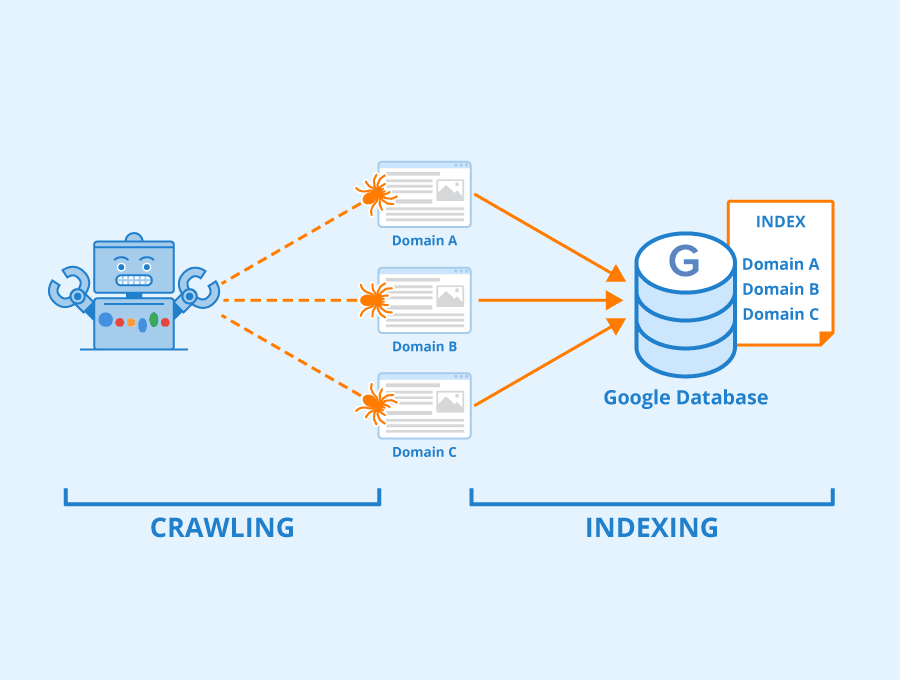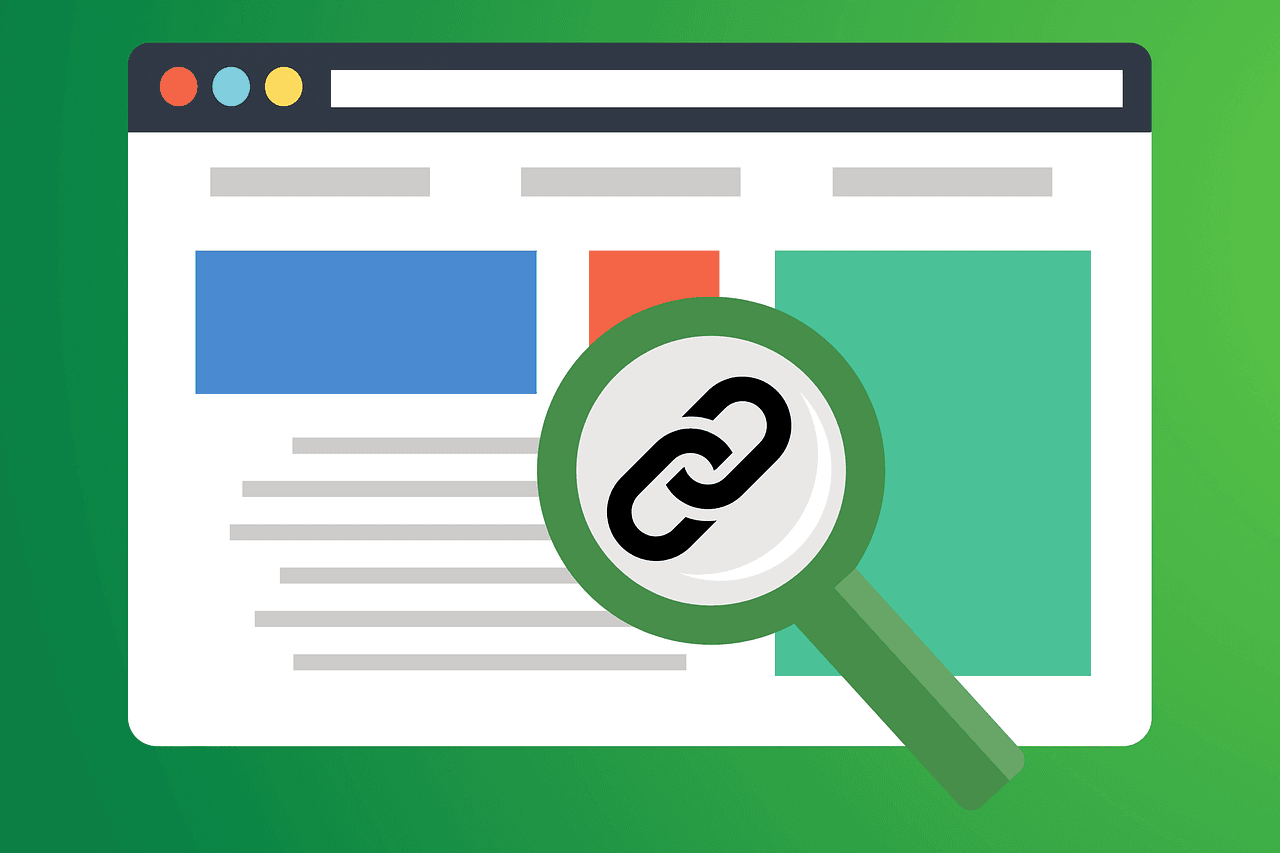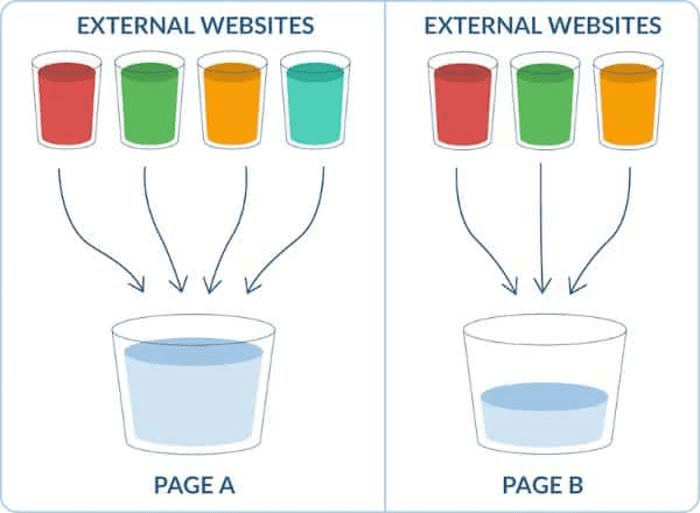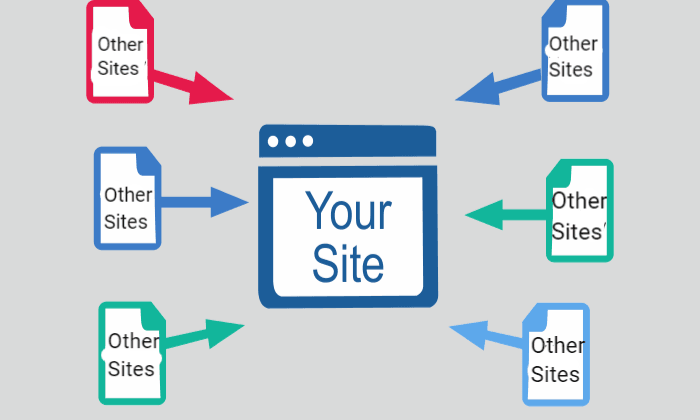SEO indexing is a critical process that helps search engines discover, store, and rank your website content. Without proper indexing, your pages won’t appear in search results, limiting your visibility. At Keyword Metrics, we break down SEO indexing to help you optimize your site effectively.
What is SEO Indexing?
SEO indexing is the process search engines like Google, Bing, or Yahoo use to store and organize website content in their databases. Once indexed, your content can appear in search engine results pages (SERPs) when users search for relevant topics. Think of it as a digital library: indexing is how search engines decide which books (web pages) are available on their shelves.
How SEO Indexing Works
Search engines use bots, also known as crawlers or spiders, to discover and index web pages. Here’s how the process works:

- Crawling: Search engine bots scan the internet for new or updated content. They follow links from one page to another, gathering data as they go.
- Processing: After crawling, the bot evaluates the content of your page, such as text, keywords, and metadata, to understand its purpose.
- Indexing: The page is stored in the search engine’s database, making it eligible to appear in search results.
Pro Tip: Ensure your web pages are accessible to crawlers by using proper internal linking and avoiding blocking important pages with robots.txt.
See Google’s guide to crawling and indexing topics.
Why is Indexing Important in SEO?
Indexed pages are the foundation of organic search visibility. If your content isn’t indexed, it cannot show up in SERPs, no matter how well-written or optimized it is. Here's why indexing matters:
- Search Engine Visibility: Indexed pages are searchable and rankable, helping you attract organic traffic.
- Content Discovery: Regular indexing ensures that new or updated content is available to search engines quickly.
- Competitive Advantage: If your competitors have indexed content and you don’t, you’re missing opportunities to reach your audience.
Example: If you run an online store, ensuring that all product pages are indexed means customers can find them when searching for related products.
Tools for SEO Indexing
Several tools can help you monitor, manage, and optimize your SEO indexing efforts. Here are some essential ones:
Google Search Console
Purpose: Track how Google indexes your website, identify indexing errors, and request manual indexing.
Tip: Use the “Coverage” report to check for any issues with your indexed pages.
Screaming Frog SEO Spider
Purpose: Crawl your website to check for broken links, duplicate content, and other issues that might affect indexing.
Tip: Use the "indexability" filters to see which pages are blocked from indexing.
Yoast or Rank Math SEO
Purpose: A popular plugin for WordPress users to manage SEO settings, including meta tags, sitemaps, and indexing preferences.
Tip: Use this plugin to control whether pages are indexed through its easy-to-use interface.
Pro Tips for Optimizing SEO Indexing
Want to make sure your website is indexed effectively? Follow these tips:
- Submit an XML Sitemap: An XML sitemap is a roadmap of your website that helps search engines find and index your pages. Use tools like Google Search Console to submit it directly to search engines.
- Use Structured Data: Adding structured data (schema markup) to your pages helps search engines understand the content better, increasing your chances of being indexed.
- Avoid Duplicate Content: Duplicate pages can confuse search engines and may lead to some content being excluded from indexing. Use canonical tags to indicate the preferred version of a page.
- Check for Crawling Errors: Use tools like Google Search Console to identify and fix issues preventing search engines from crawling your site.
- Update Content Regularly: Fresh content signals to search engines that your website is active and worth indexing.
FAQs about SEO Indexing
Q. How can I check if my page is indexed?
A. Use Google Search Console or search “site:yourdomain.com” on Google to see if your page is listed in the search results.
Q. How long does it take for a page to be indexed?
A. Indexing can take anywhere from a few hours to a few weeks, depending on factors like site authority and crawl frequency.
Q. Can I force Google to index my page?
A. You can request indexing via Google Search Console, but indexing is ultimately at the search engine’s discretion.
Q. What happens if a page isn’t indexed?
A. If a page isn’t indexed, it won’t appear in search results, making it invisible to potential visitors.
Related Glossary Terms to Explore
- Crawling: Discover how search engine bots explore your website to find new content for indexing.
- XML Sitemap: Learn how this file helps search engines find and index your pages faster.
- Robots.txt: Understand how to control which pages search engines can crawl and index.
- Structured Data: Find out how adding schema markup enhances indexing and search engine understanding.
- Canonical Tags: Explore how these tags help prevent duplicate content issues that could affect indexing.


